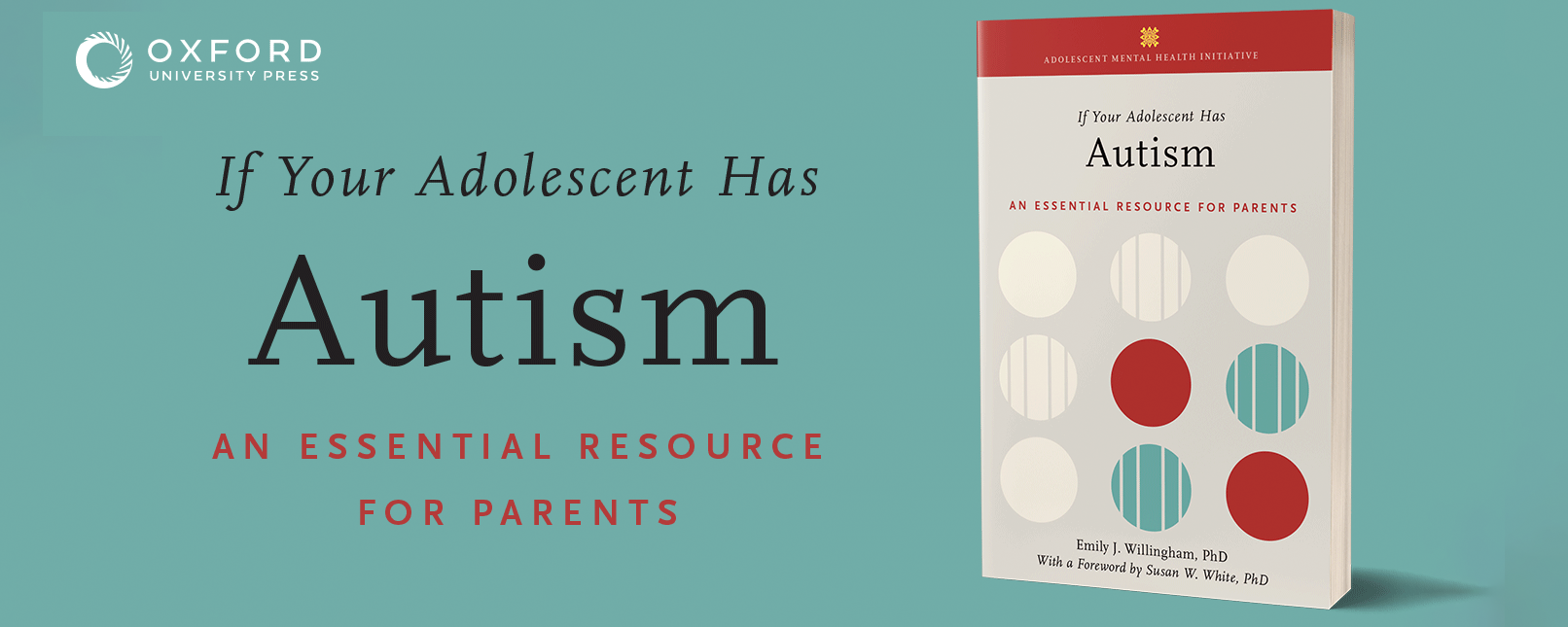Nearly two-thirds (63 percent) of Americans say they have a “poor” or “fair” understanding of genetically modified organisms (GMOs), according to a new survey from the Annenberg Public Policy Center (APPC) of the University of Pennsylvania. In addition, 45 percent of those surveyed agreed that GMOs are risky for society, and 42 percent disagreed with the idea that GMOs are beneficial to society.
This wariness comes as genetically modified (GM) or genetically engineered (GE) organisms are at the center of national debate in two areas – food labeling and the pending Food and Drug Administration approval of a test of the effect of releasing transgenic mosquitoes in a part of Florida as a way of minimizing the spread of the Zika virus.
The survey of 1,014 people was conducted March 9-13, before and after the FDA’s tentative approval of a field trial using GE mosquitoes in Key Haven, Fla. The FDA assessment is open for public comment. Shortly after the survey period, on March 16, the U.S. Senate took up and failed to pass a bill that would have blocked states from requiring GMO foods to be labeled, as Vermont has, and would have substituted voluntary national standards.
Asked how likely they would be to buy a food product that was genetically modified, 57 percent said they would be “not likely” to and 41 percent said they would be “likely” to. Those surveyed were evenly split (24 percent each) on whether scientists have established that genetically modified foods on sale in the United States are as safe as the conventionally grown varieties of the same crop. Nearly twice as many (47 percent) say scientists are not sure.

The Food and Drug Administration, which regulates genetically engineered plants, has said that foods from GE plants are as safe to eat as those that are conventionally grown: “Credible evidence has demonstrated that foods from the GE plant varieties marketed to date are as safe as comparable, non-GE foods.”
The Annenberg Science Knowledge (ASK) survey also found that a quarter of the public (26 percent) continues to think that scientists subscribe to the theory – which has been debunked – that genetically modified mosquitoes have caused the spread of the Zika virus. About the same number (27 percent) correctly say scientists have established that GM mosquitoes could minimize the spread of Zika. Those numbers have not changed significantly in three weeks.
“It is time the public became more knowledgeable about both Zika and the process and effects of genetic engineering,” said APPC Director Kathleen Hall Jamieson. “With increased reporting on Zika, knowledge should be increasing. On key questions, it is not.”
In a 2015 lecture before the National Academy of Sciences, Jamieson noted that virtually everything in the supermarket produce aisle has been genetically modified. The label “genetically modified” is misleading, she said, given that all types of breeding techniques – including hybridization, cross-breeding, mutagenesis and recombinant DNA technology – involve the modification and exchange of genes.
The ASK phone survey is the fifth in a series by APPC on the Zika virus and other issues in science communication. It was conducted for APPC by the research firm SSRS and has a margin of error of ±3.8 percent.
For survey data, methodology and the wording of questions, click here. To download this survey click here, and for prior ASK surveys:
More than 4 in 10 Mistakenly Think Zika Is Fatal, Symptoms Are Noticeable (March 10, 2016)
Most Americans Would Likely Alter Travel Plans to Avoid Zika (March 3, 2016)
Zika Survey: Some Incorrectly Link Pesticide and Vaccines to Microcephaly (Feb. 25, 2016)
Half of Americans Concerned Zika Will Spread to Their Neighborhoods (Feb. 23, 2016)


